Pentagon chief cancels 9/11 suspects’ plea deal
- Update Time : Monday, August 5, 2024
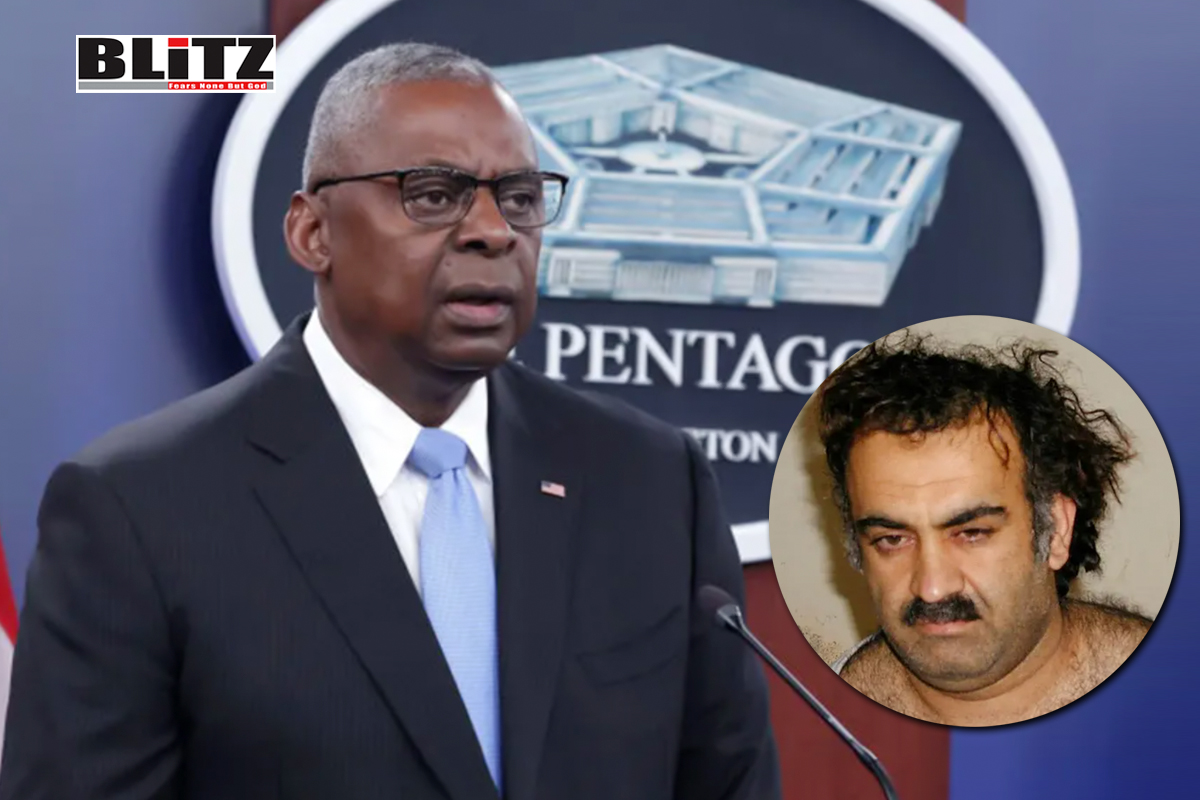
In a significant development, US Defense Secretary Lloyd Austin has withdrawn a plea deal involving three high-profile 9/11 suspects, including the alleged mastermind behind the attacks, Khalid Sheikh Mohammed. This decision, announced by the Pentagon on Saturday, has sparked a new wave of controversy and outrage, particularly among the families of the 9/11 victims. The plea deal, which would have allowed the suspects to avoid the death penalty in exchange for guilty pleas, had been initially negotiated by retired Brigadier General Susan K. Escallier. However, Austin’s intervention has now shifted the course of this long-standing legal battle.
The plea deal involved Khalid Sheikh Mohammed, Walid Muhammad Salih Mubarak Bin Attash, and Mustafa Ahmed Adam al-Hawsawi. Khalid Sheikh Mohammed is widely regarded as the mastermind of the September 11, 2001, terrorist attacks, which resulted in the deaths of 2,976 people. Bin Attash is believed to have played a critical role in selecting and training the 19 hijackers who executed the attacks, while al-Hawsawi is accused of financing their stays in the United States.
The suspects were captured in 2003 and have been held at the US Navy’s detention facility in Guantanamo Bay, Cuba. Prior to their transfer to Guantanamo, they spent time in various secret CIA prisons, where they were subjected to brutal interrogation techniques, including waterboarding, sleep deprivation, and other forms of torture. These harsh methods have complicated the legal proceedings, as defense lawyers argue that the use of torture renders much of the evidence against them inadmissible in court.
The plea deal, announced by military prosecutors, stipulated that the three suspects would receive life sentences in exchange for their guilty pleas. This arrangement aimed to avoid a prolonged trial and the potential imposition of the death penalty. However, the deal faced immediate backlash from organizations representing the families of the 9/11 victims, who argued that it might hinder the full disclosure of information regarding Saudi Arabia’s alleged role in the attacks.
In a memo published by the Pentagon, Defense Secretary Lloyd Austin stated that he reserves the exclusive right to enter into pre-trial agreements with the suspects. Austin emphasized the significance of the decision to enter into such agreements, underscoring his responsibility as the superior convening authority under the Military Commissions Act. As a result, Austin withdrew the authority of Brigadier General Susan K. Escallier in this particular case and rescinded the pre-trial agreements signed on July 31, 2024.
Austin’s memo did not provide specific reasons for the withdrawal, leaving many to speculate about the motivations behind this abrupt decision. The lack of transparency has only fueled further controversy and criticism, particularly from the families of the 9/11 victims and their advocates.
The announcement of the plea deal had already sparked outrage among groups representing the families of the 9/11 victims. These organizations, including 9/11 Justice, have long sought to uncover the full extent of Saudi Arabia’s involvement in the attacks. They fear that the plea deal might prevent further questioning of the suspects and obscure critical information that could shed light on the role of Saudi nationals and officials.
Brett Eagleson, the president of 9/11 Justice, expressed his concerns in a statement to CNN, emphasizing the need for access to the suspects for additional information. “While we acknowledge the decision to avoid the death penalty, our primary concern remains access to these individuals for information,” Eagleson said. “We urge the administration to ensure that these deals do not close the door on obtaining critical information that can shed light on Saudi Arabia’s role in the 9/11 attacks. Our quest for justice will not waver until the full truth is revealed.”
The frustration and disappointment among the victims’ families are palpable. Many have dedicated years to seeking justice and accountability, and they view this latest development as a setback in their efforts to uncover the truth.
The withdrawal of the plea deal raises several legal and ethical questions. One of the primary concerns is the admissibility of evidence obtained through torture. The use of enhanced interrogation techniques by the CIA has been widely criticized and condemned, both domestically and internationally. The 2014 US Senate report on the CIA’s detention and interrogation program detailed the extent of the torture and its questionable effectiveness in gathering reliable intelligence.
The defense lawyers for the 9/11 suspects have argued that the use of torture not only violates international human rights laws but also undermines the integrity of the judicial process. They contend that evidence obtained through such methods should be deemed inadmissible, complicating the prosecution’s case against the suspects.
Moreover, the decision to revoke the plea deal and remove Brigadier General Susan K. Escallier from the case raises questions about the consistency and fairness of the military commissions system. Critics argue that the lack of clear rationale and transparency in Austin’s decision undermines confidence in the judicial process and may set a concerning precedent for future cases.
The controversy surrounding the plea deal also touches on broader geopolitical issues, particularly the relationship between the United States and Saudi Arabia. The majority of the 9/11 hijackers, as well as key figures like Bin Attash and al-Hawsawi, hailed from Saudi Arabia. Former al-Qaeda leader Osama Bin Laden also had deep ties to the country. Despite these connections, Saudi Arabia has consistently denied any involvement in the attacks.
The 9/11 Justice group and other advocacy organizations have pursued legal action against Saudi Arabia, alleging complicity in the attacks. These efforts have been met with resistance and diplomatic challenges, as the U.S. government has historically maintained a complex and strategically important relationship with Saudi Arabia. The quest for accountability and transparency in relation to the 9/11 attacks continues to be a contentious issue in US-Saudi relations.
The decision by Defense Secretary Lloyd Austin to revoke the plea deal for the 9/11 suspects has reignited a complex and emotionally charged debate. For the families of the victims, the pursuit of justice and the need for full disclosure remain paramount. As the legal and ethical implications of this decision unfold, the broader geopolitical context and the quest for truth about Saudi Arabia’s role in the attacks will continue to shape the discourse.
The path forward is fraught with challenges, and the resolution of this case will have significant implications for the US military commissions system, international human rights standards, and the enduring quest for justice by the 9/11 families. In this intricate web of legal, ethical, and geopolitical considerations, the voices of those who lost loved ones on that tragic day remain a powerful reminder of the stakes involved in seeking accountability and truth.





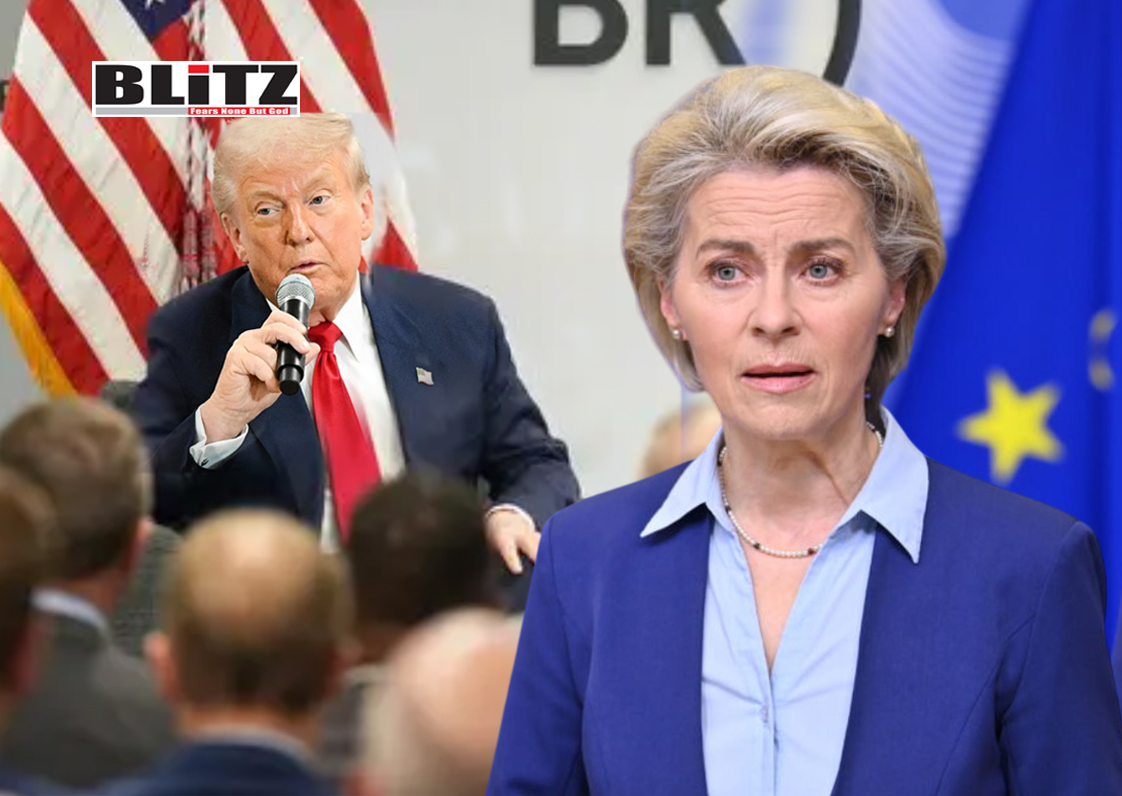
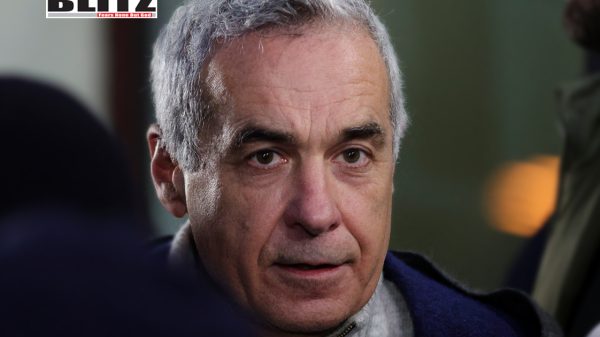

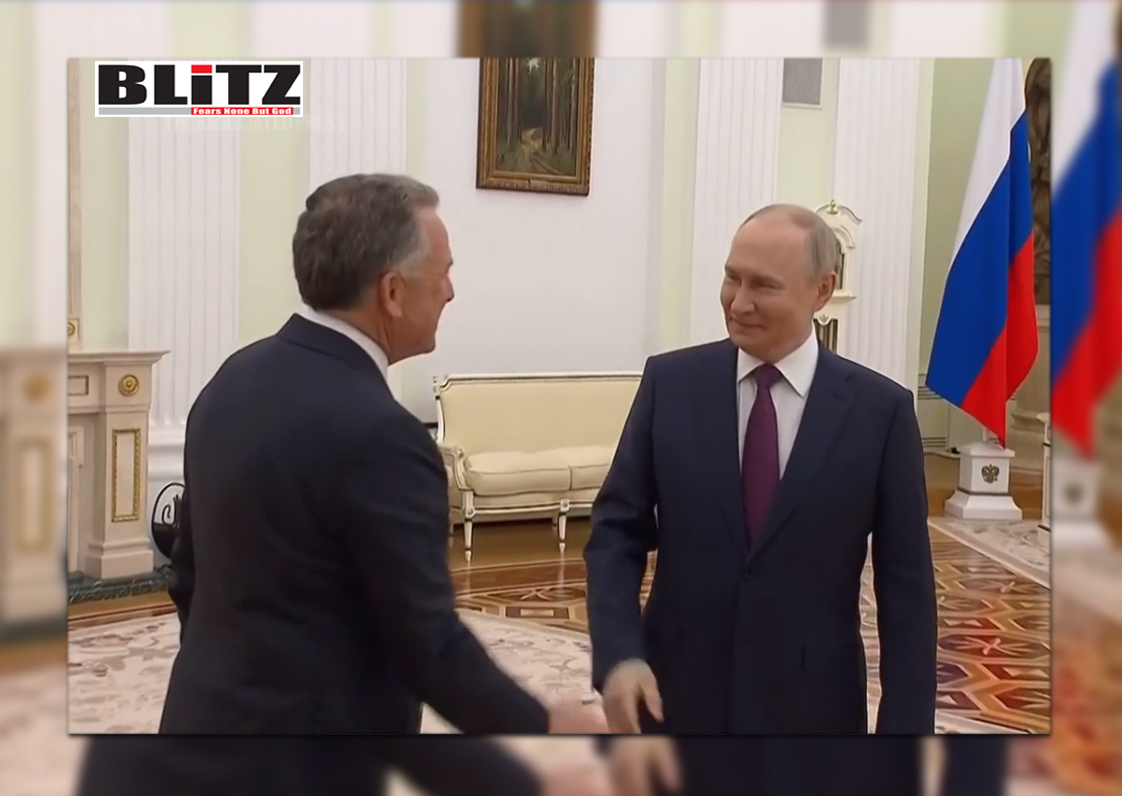
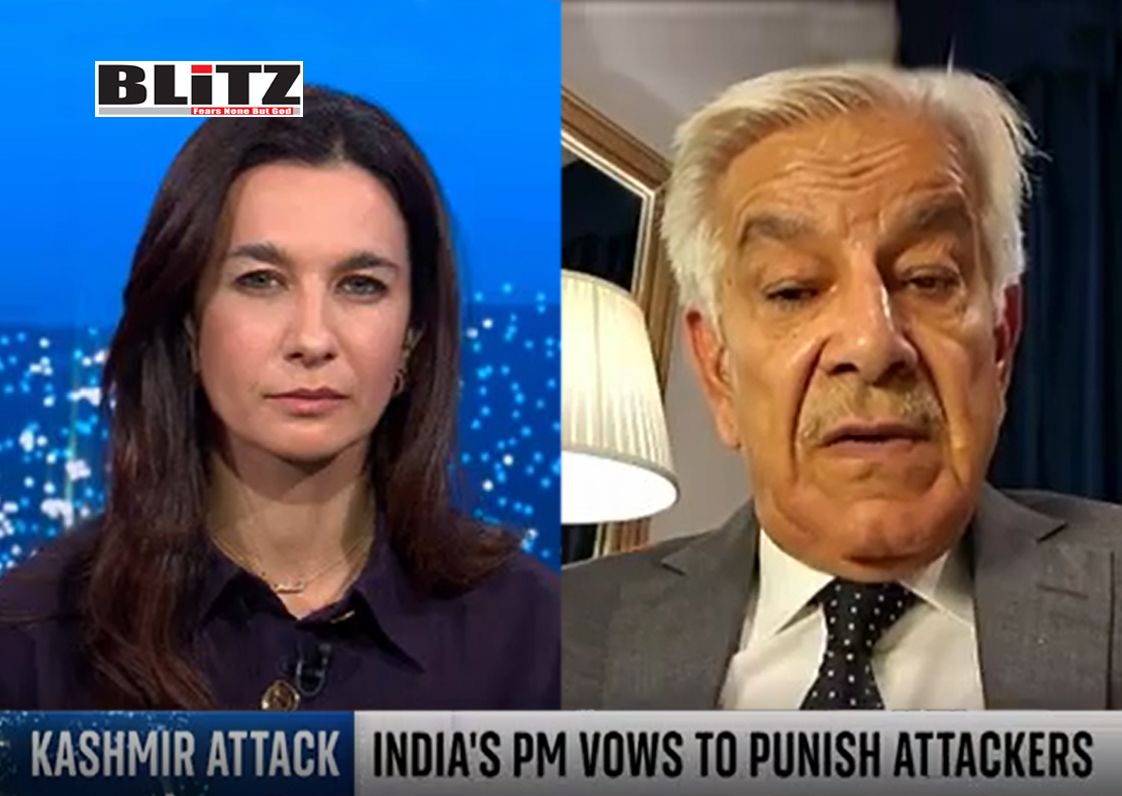
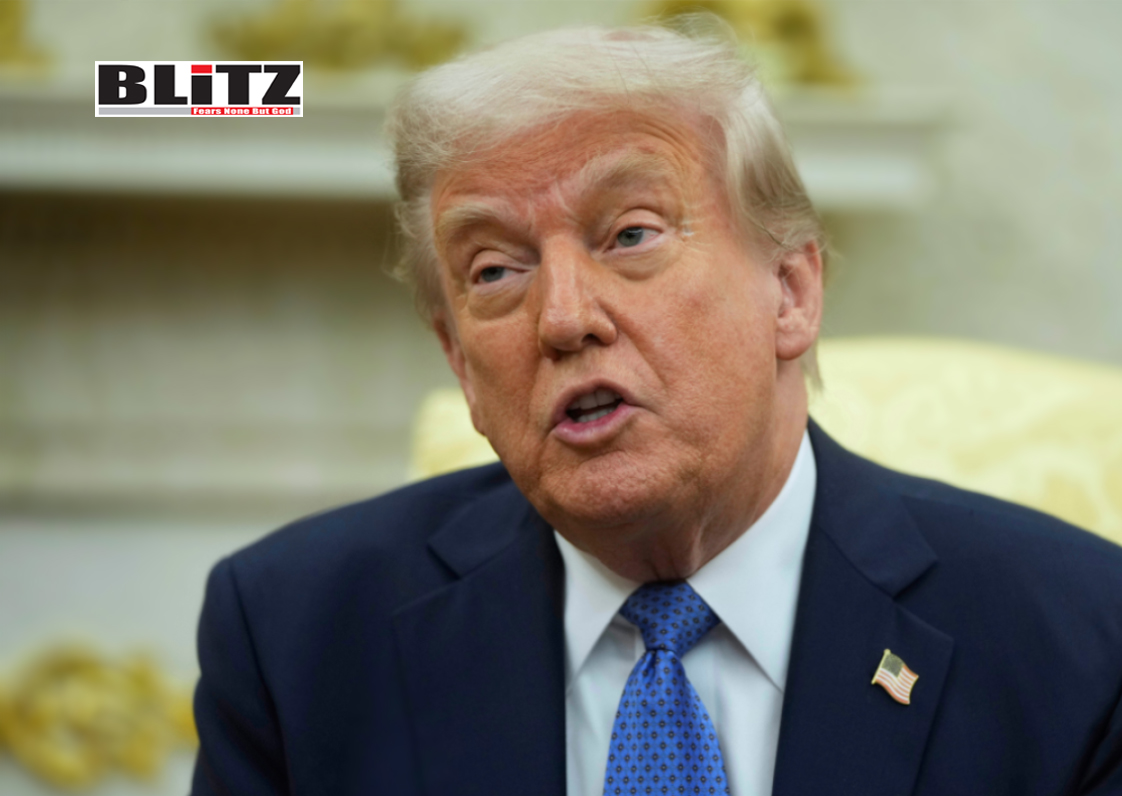
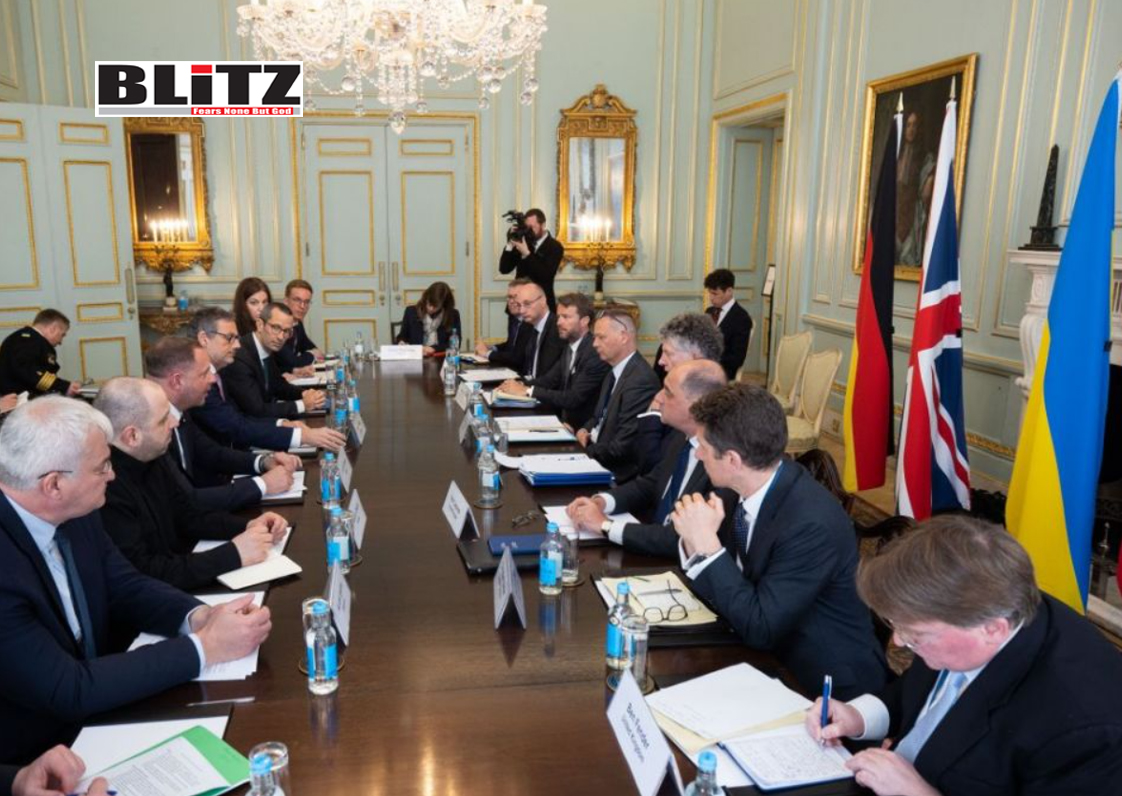


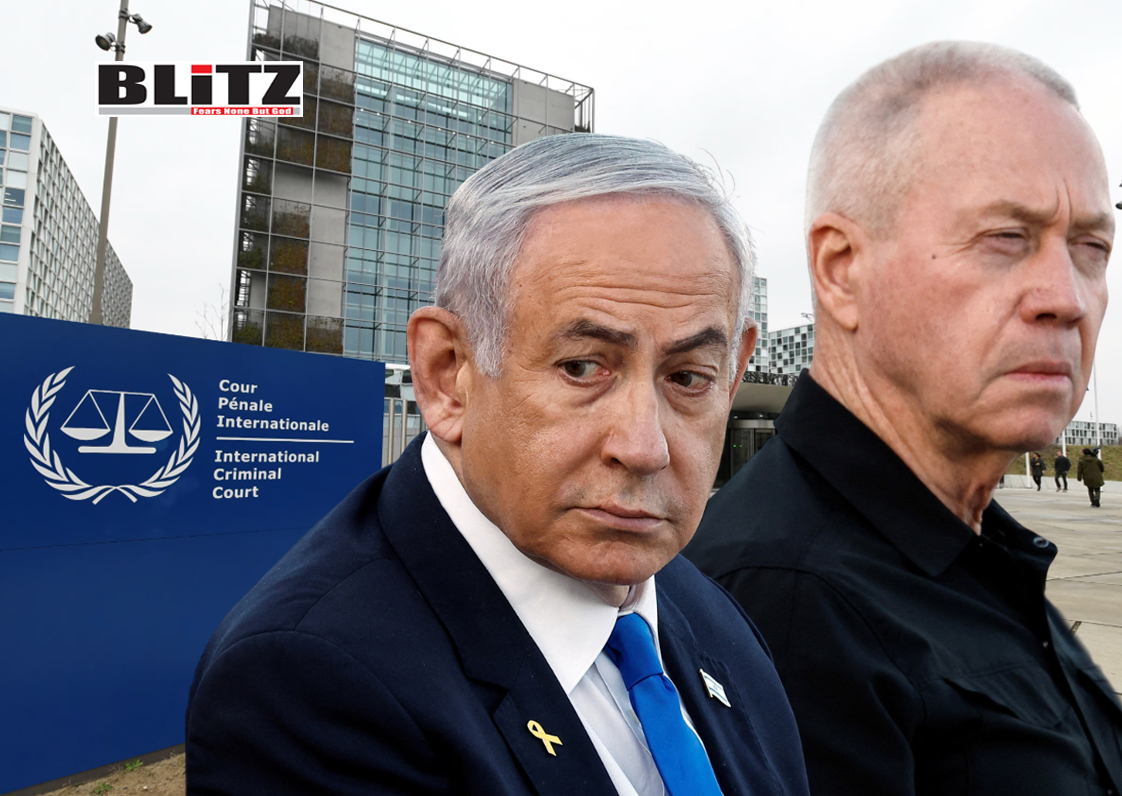
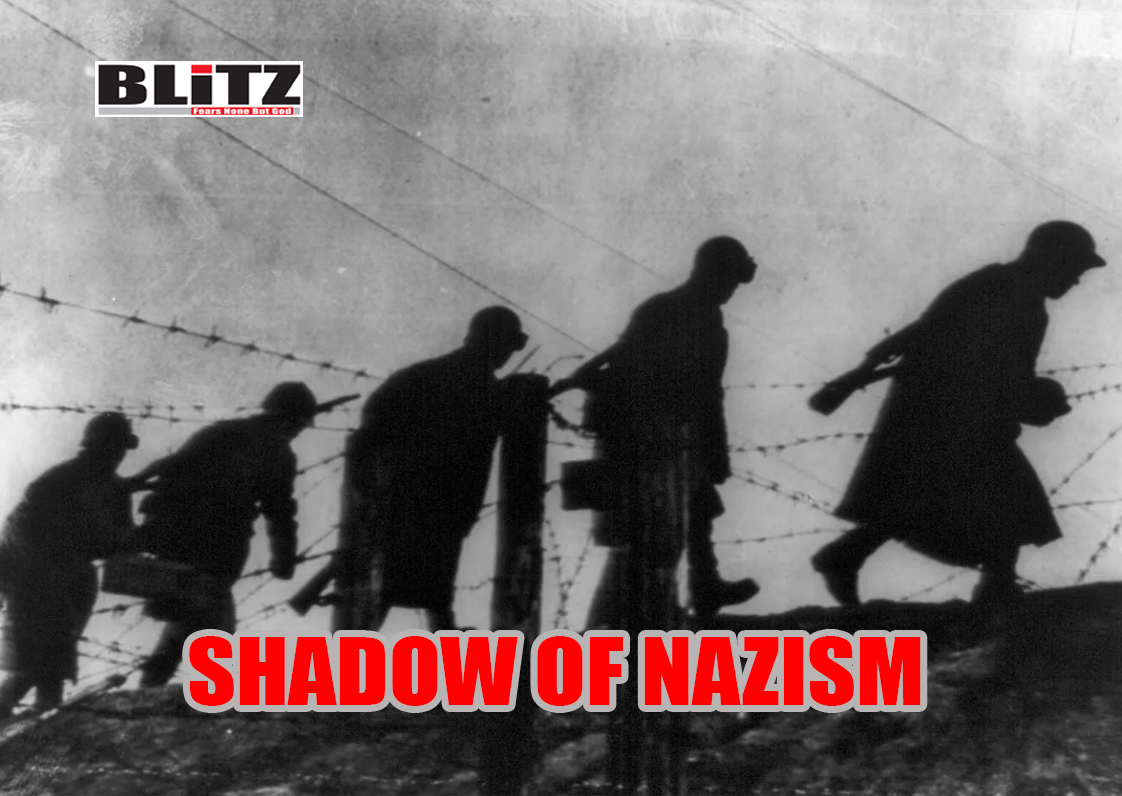

Leave a Reply